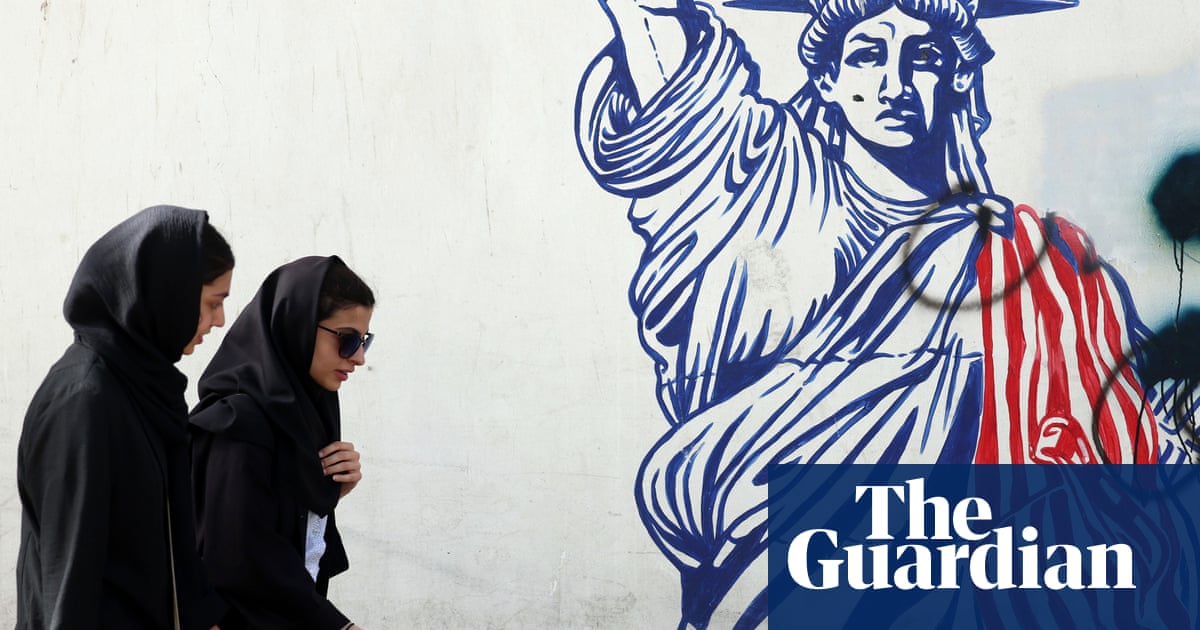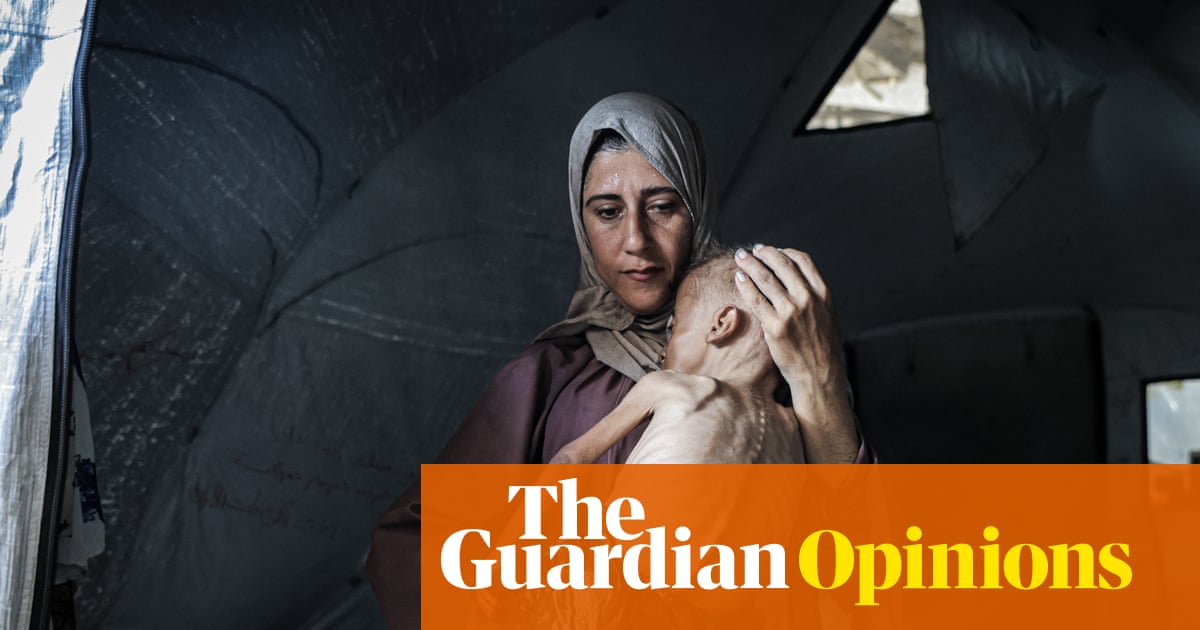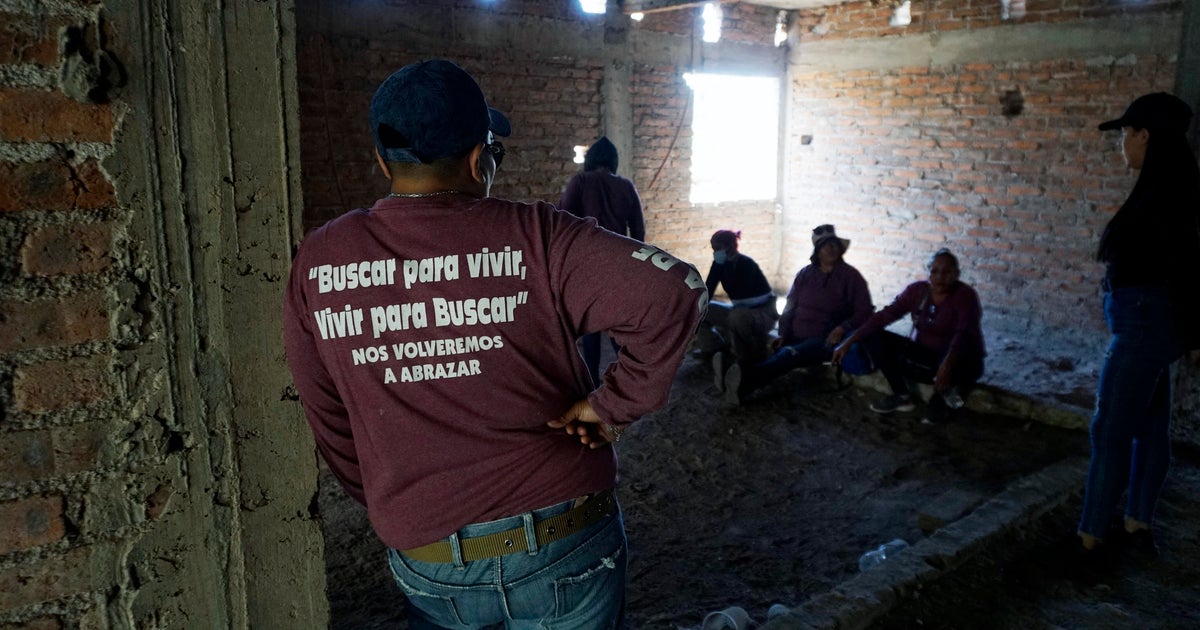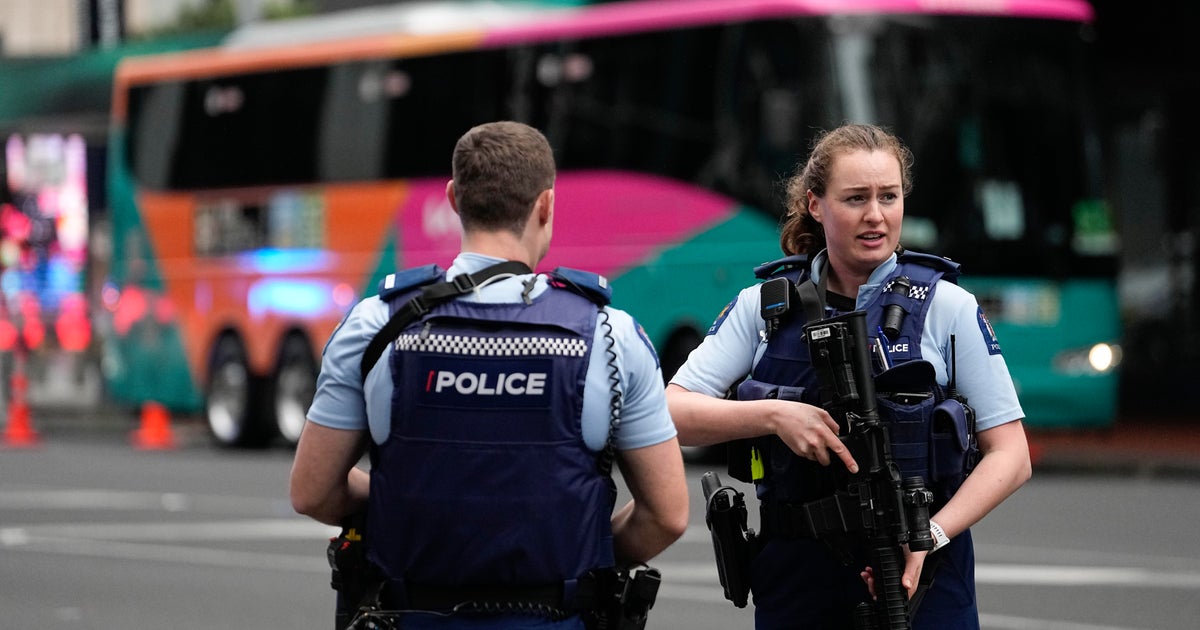Iran Warns US of Consequences if Israel Attacks Nuclear Sites Amid Crucial Talks

Iran has issued a stern warning to the United States, stating that it will hold Washington accountable for any Israeli attack on its nuclear facilities. This announcement sets a tense backdrop as the fifth round of negotiations between Iran and the US regarding the future of Iran's nuclear program approaches, a meeting that is likely to be the most pivotal yet.
The warning came from Iran’s Foreign Minister, Abbas Araghchi, on Thursday, following reports in the American media suggesting that US intelligence had indications of an Israeli plan to strike Iranian nuclear sites. This potential strike could occur with or without American backing if the ongoing negotiations falter.
There is speculation surrounding the accuracy of these reports; they may serve as a strategic move by the US to bolster its position during the indirect negotiations taking place in Rome, which are being mediated by Oman. Israel has consistently maintained its stance to attack Iran's nuclear infrastructure, while former US President Donald Trump has echoed that the US would follow suit if the diplomatic efforts collapse.
In his correspondence to the United Nations, Araghchi emphasized, “Iran strongly warns against any adventurism by the Zionist regime of Israel and will decisively respond to any threat or unlawful act by this regime.” He further stated that Iran would consider Washington as a “participant” in any hostile action taken by Israel, compelling Tehran to implement “special measures” to safeguard its nuclear facilities and materials against potential attacks or sabotage.
The details of these defensive measures would only be communicated to the International Atomic Energy Agency (IAEA) after being put into effect. An adviser to Iran’s supreme leader had previously indicated that Tehran might suspend collaboration with UN nuclear inspectors or relocate enriched uranium to secure and undisclosed sites.
On the same day, Iran’s Revolutionary Guards issued a statement asserting that any attack from Israel would result in a “devastating and decisive response.” Alimohammad Naini, the spokesperson for the Revolutionary Guards, dismissed any notion of fear instilled by the prospect of war, asserting that the Islamic Republic possesses significant public and military support should it face such a scenario.
Meanwhile, Iran's supreme leader, Ayatollah Ali Khamenei, voiced strong opposition to US demands for Tehran to cease its uranium enrichment activities, labeling these demands as “excessive and outrageous.” His remarks marked a robust declaration of Iran’s resolve to maintain its enrichment capabilities, although he expressed skepticism regarding the success of the ongoing discussions with the US.
US Special Envoy Steve Witkoff has consistently reiterated that Washington's non-negotiable condition is for Iran to end all uranium enrichment. Under the 2015 nuclear agreement with six world powers, which the Trump administration withdrew from in 2018, Iran was permitted to enrich uranium to a maximum purity of 3.67%, sufficient for civilian nuclear power generation. However, Iran has since escalated its enrichment levels to 60%, nearing the threshold necessary for nuclear weapons.
While Araghchi initially indicated that the US's public insistence on total enrichment cessation was not echoed in private negotiations, this topic is evidently becoming the central point of contention in the talks. The US argues that complete cessation of enrichment is the only viable method to mitigate the risks associated with Iran potentially developing nuclear weapons, suggesting that Tehran adopt a framework similar to that of the United Arab Emirates, which imports uranium for its singular civil nuclear program.
Contrarily, Iran insists on its right to enrich uranium under the Nuclear Non-Proliferation Treaty, asserting that there is no justification for it to be treated differently than other nations with similar capabilities. Ellie Geranmayeh from the European Council on Foreign Relations elaborated on Iran’s unwavering commitment to domestic enrichment, explaining, “Iran genuinely believes it has incurred significant costs for its right to enrich on its own soil. This includes not just the billions spent in setting up the necessary infrastructure, but also the financial toll of sanctions and lost oil revenue.”
Furthermore, Iranian officials perceive the nuclear program and the right to enrich as a matter of national pride, noting the sacrifices made, including the lives of scientists who have been assassinated over the years while contributing to this initiative.


























